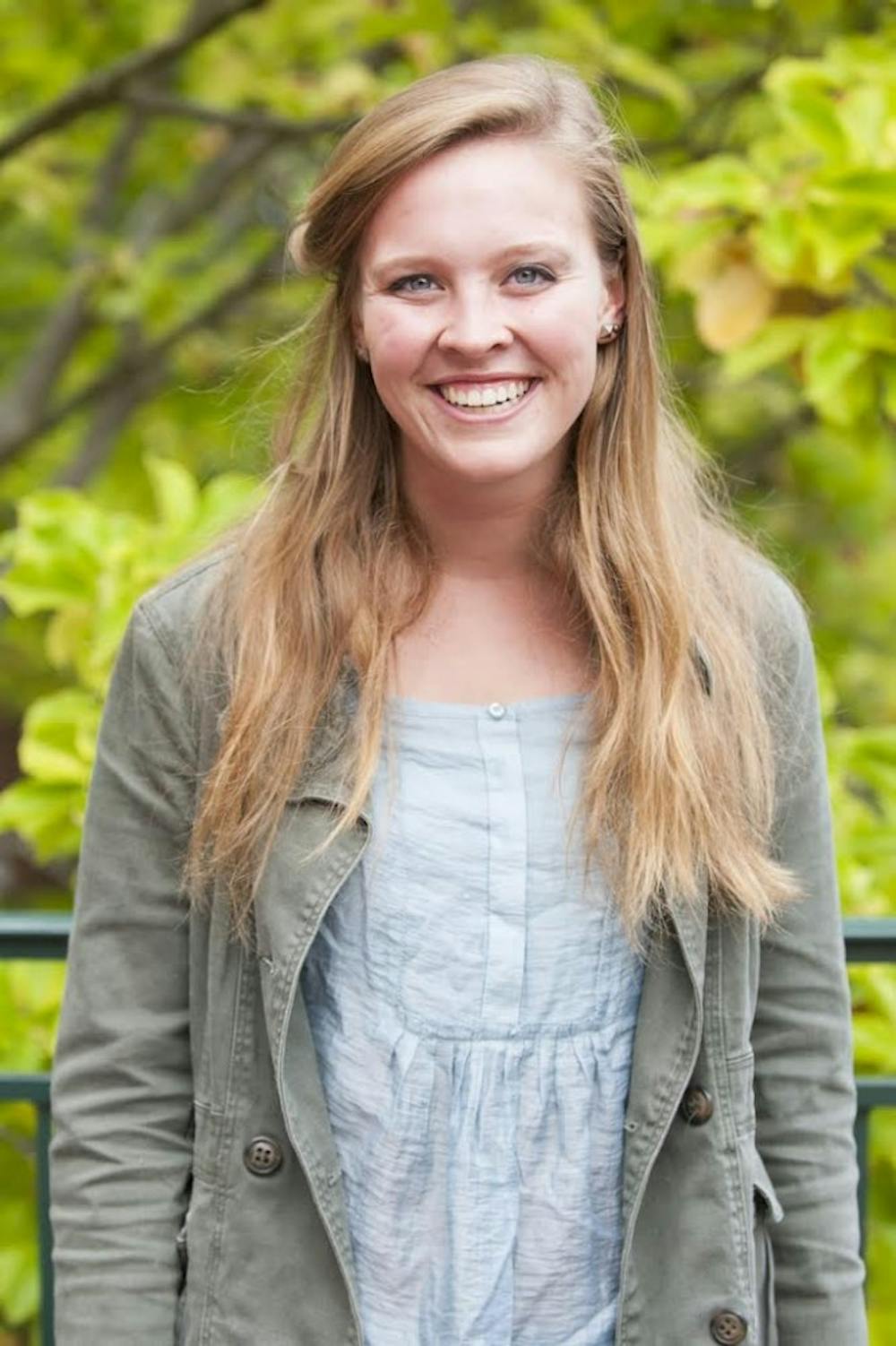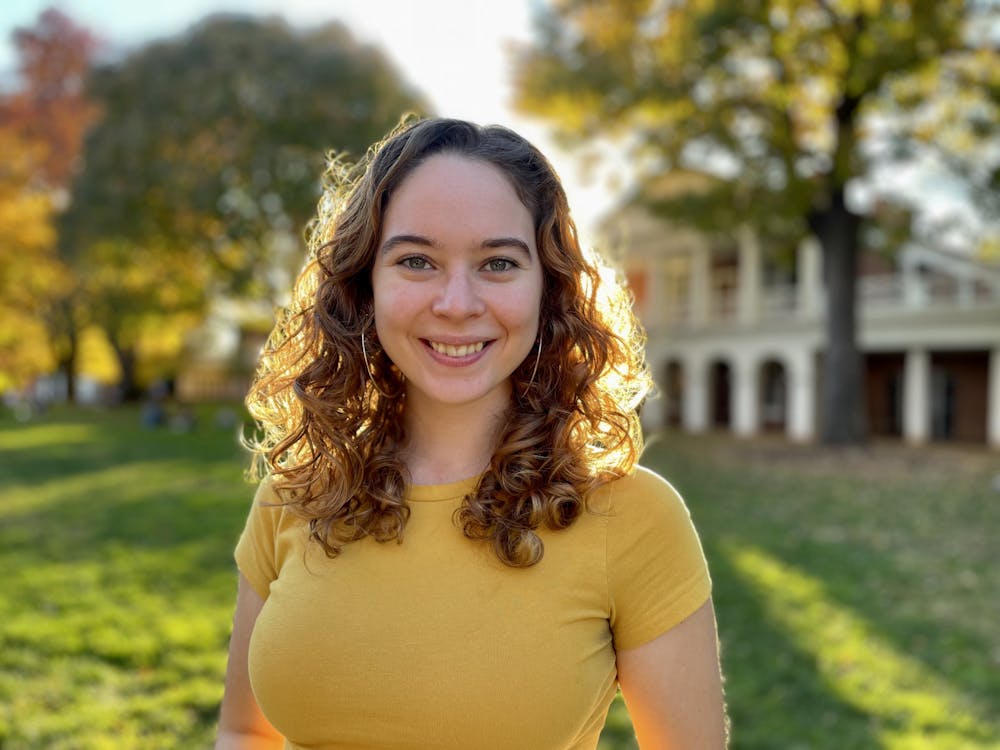I first heard the term “Life Graphs” during a summer-job-related, getting-to-know-you spiel. It sounds cynical — and potentially stonewallish — of me, but my initial thought was “No, hell no.” Hard pass, no way, I won’t, can’t make me.
The idea behind the graphs was both stupendously simple and entirely unoriginal: sit in an all-inclusive circle, chart your “Life Story” out on paper and walk your 20 patiently-listening cohorts through the whole thing, chapter by chapter.
My jerk reaction to this whole exercise was, as previously mentioned, admittedly harsh. If recollection serves, aggressive hand gestures were motioned, arms were flailed and choice expletives were delivered. “I hate that,” I said repeatedly, stubbornly. Others in the room immediately took offense to my visceral response: “You shouldn’t say that. You need to be more open. Vulnerability makes you closer. It’s a bonding experience. …”
In retrospect, yes, I was — characteristically — overdramatic. But I wasn’t lying. The idea behind the graphs, with its simplistic, naïve promise of “making everyone closer,” irked me. I have had nearly identical reactions to similar activities in sorority “sisterly bonding” circles. Even then, I swore high and low to neither partake nor promote because I felt doing so only increased the inherent insincerity of the so-called exercises.
Perhaps I should explain: the way I see it, “Getting to Know You” practices are often total facades, farces, falsities, fakes. They’re a bit like the worn-out, universally-known “Trust Exercise” of randomly falling backwards and hoping the unluckily-assigned acquaintance behind you is quick enough to notice your suddenly supine state. In quick-thinking theory, if the falling person actually hits the floor, they believed too much in the other participant, who is now — as “logic” suggests — no longer worthy of the fallen’s trust.
But trust in that exercise, and vulnerability in the “My Life Story” counterpart, are much more contextual than such scenarios let on. While I see the shimmer of value the exercises offer in outlining abstract concepts — the importance of trust, the impact of openness — I oppose the notion that such drills are entirely effective because, at the end of the day, they’re just that — drills and practices. They’re not real life, but a shoddy, forced framework of it.
Eventually, though, the oh-so-ominous “Life Graphs” indeed occurred, and it came time for me to participate in what I had, for so long, been dreading. I will readily admit that I was thoroughly intrigued by everyone’s stories, charts and lines, despite my vehement opposition to the exercise itself.
Physically sitting through the practice, I was able to clear my thoughts: I was never — and still am not — against vulnerability or sharing stories. In fact, I am a strong proponent of both. What I disagree with is forcing either of those things and calling it real; of having people divulge allegedly personal tidbits and, afterwards, sharing a round of applause for the supposedly genuine vulnerability just witnessed; of claiming that, because of the exercise, everyone now knows each other like the back of their hand.
True trust and true closeness come through organic experiences and spontaneous situations, through observing on-the-spot reactions and listening for beneath-the-surface responses. Artificial exercises — no matter the amount of intrigue or intensity they may offer — cannot replicate that, and shouldn’t be able to.
Thus far, this summer has been an experiment in socializing and personalizing for me — a relatively formative one, at that. When I decided to participate in a fellowship program located halfway around the world, my first thought wasn’t about the sure-to-be lack of WiFi, but rather about the total strangers I would be spending the upcoming eight weeks with. What if they were, in fact, strange? What if we didn’t get along? What if they didn’t want to travel like I did? What if we were different? What if I didn’t like them?
Before leaving, I reluctantly indulged these worries to a friend who merely laughed. Confused and even embarrassed, I asked what was so funny, only to be greeted by a slow, sideways shrug of the shoulders and a perfectly straightforward reply: “So? Then the trip becomes an exercise in individuality, in your own personal development. Maybe you need to learn how to be your own person.”
Coming up on the six-week mark of my fellowship, I can now excitedly and affirmatively negate my initial worry. Confirmed: my fellow fellows are all, blessedly, wonderful people, and, incredibly, all 20 of us get along quite well.
Despite the fact that it’s been a mere six weeks, I’ve been able to form strong, impressive relationships with the people around me. Did it, perhaps, help rather than hurt to have heard each other’s purported “Life Stories”? Sure. But the real closeness we have comes from our experiences, both shared and unshared, from our own organic orientations with each other and the unprompted nature in which they occur.
Mary’s column runs biweekly. She can be reached at m.long@cavalierdaily.com.





